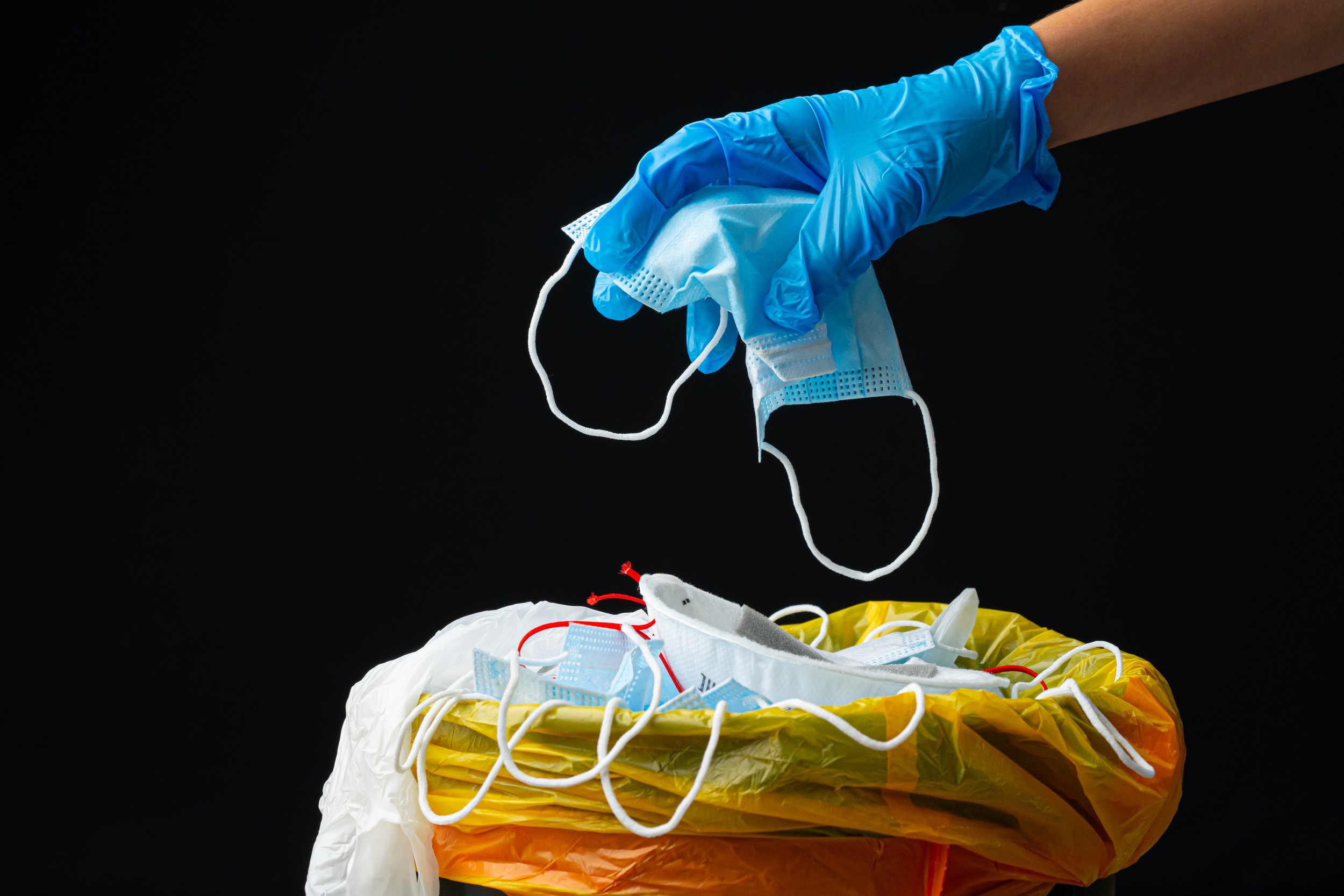Introduction
In the sprawling metropolis of Los Angeles, proper medical waste disposal is an integral aspect of public health and environmental protection. The management of medical waste requires adherence to specific guidelines and regulations to ensure the safety of healthcare workers, the community, and the environment. This article serves as a comprehensive guide to navigating medical waste disposal in Los Angeles, providing insights into best practices, disposal options, and the significance of responsible waste management.
The Significance of Medical Waste Disposal in Los Angeles
Medical waste, characterized by its potential to carry infectious agents, chemicals, or radioactive materials, demands meticulous handling and disposal. Los Angeles, as a densely populated city, faces unique challenges when it comes to managing medical waste. Proper disposal is essential to prevent the spread of diseases, safeguard natural resources, and maintain a sustainable urban environment.
Categorizing Medical Waste
Medical waste falls into various categories, each requiring distinct management protocols:
- Infectious Waste: Materials contaminated with pathogens, such as used gloves, bandages, and cultures.
- Hazardous Waste: Items containing chemicals or substances harmful to human health or the environment.
- Sharps Waste: Needles, scalpels, and other sharp objects that require special handling to prevent injuries.
- Pharmaceutical Waste: Expired, unused, or contaminated medications.
- Radioactive Waste: Materials used in medical procedures involving radiation.
- Pathological Waste: Human tissues, organs, and body parts.
- Non-Hazardous Waste: General waste generated in healthcare facilities that poses minimal risk.
Regulations and Compliance
Medical waste disposal in Los Angeles is subject to strict regulations outlined in the California Medical Waste Management Act. Healthcare facilities must follow guidelines for waste segregation, packaging, labeling, and record-keeping. Compliance with these regulations ensures safe waste handling, transportation, and treatment.
Ensuring Proper Disposal Practices
To ensure the responsible disposal of medical waste in Los Angeles, adhere to these practices:
- Segregation: Separate waste into appropriate categories to facilitate proper treatment.
- Packaging: Use leak-proof containers for different waste types and label them accurately.
- Training: Educate healthcare staff about proper waste handling, reducing risks.
- Documentation: Maintain thorough records of waste generation, handling, and disposal.
- Collection Services: Partner with licensed medical waste haulers for safe transportation and treatment.
Available Disposal Options
Los Angeles offers several avenues for medical waste disposal:
- Authorized Haulers: Licensed waste haulers provide collection, transportation, and disposal services.
- Collection Centers: Facilities allow individuals to drop off small quantities of medical waste safely.
- Mail-Back Programs: For minimal waste quantities, mail-back programs offer convenient disposal solutions.
Environmental Responsibility
The improper disposal of medical waste can have dire consequences for the environment, including soil and water contamination. Responsible medical waste management in Los Angeles contributes to a cleaner city, healthier ecosystems, and the protection of public health.
FAQs
Q: Can medical waste be recycled?
A: Certain types of medical waste can be treated and then recycled according to regulations.
Q: Is there a limit to the amount of medical waste an individual can dispose of?
A: For safety reasons, individuals should adhere to the disposal guidelines provided by their local health departments.
Q: What is the role of healthcare workers in proper waste disposal?
A: Healthcare workers play a pivotal role in segregating and packaging medical waste correctly to ensure its safe disposal.
Q: Are there penalties for improper medical waste disposal?
A: Yes, facilities that do not comply with regulations can face fines and legal consequences.
Q: How can the community contribute to proper medical waste disposal?
A: Community members can raise awareness, properly segregate household medical waste, and utilize authorized collection points.
Q: What innovations are improving medical waste disposal practices?
A: Technologies such as autoclaves and chemical treatments are advancing the sterilization and safe disposal of medical waste.
Conclusion
Effective medical waste disposal in Los Angeles hinges on the joint efforts of healthcare facilities, waste management companies, and individuals. By adhering to regulations, employing best practices, and prioritizing environmental stewardship, we can create a safer and healthier city for all. Let’s work together to responsibly manage medical waste, safeguard public health, and protect our precious environment.
